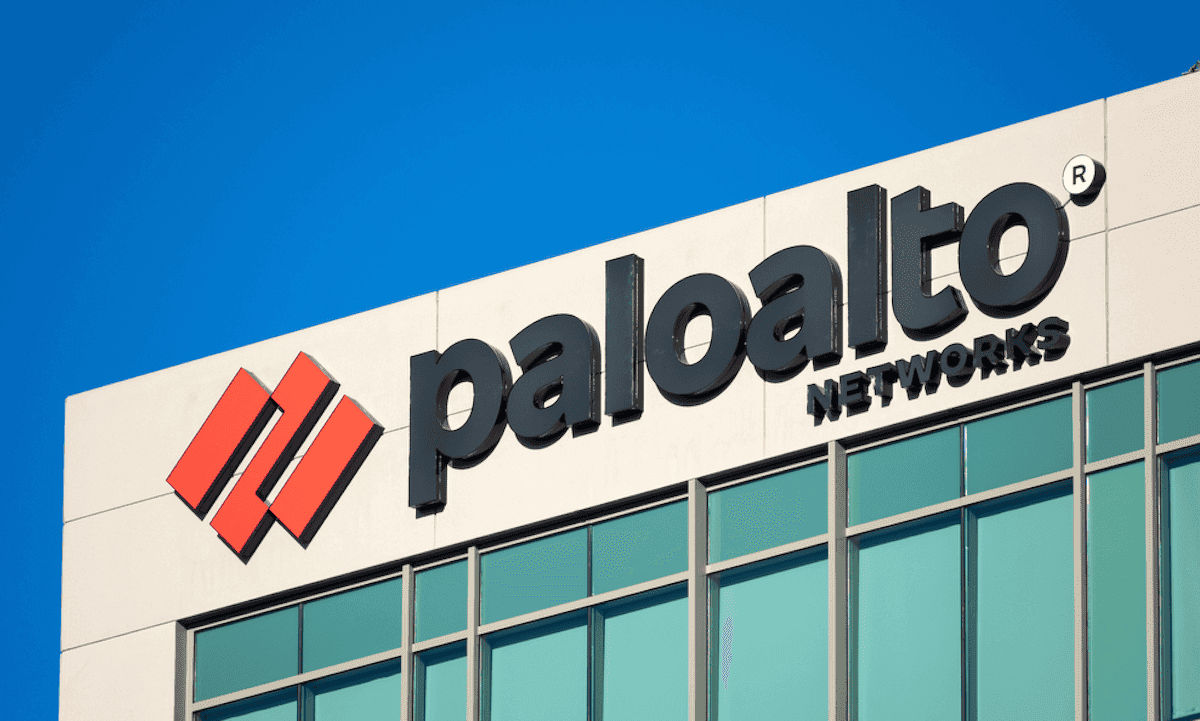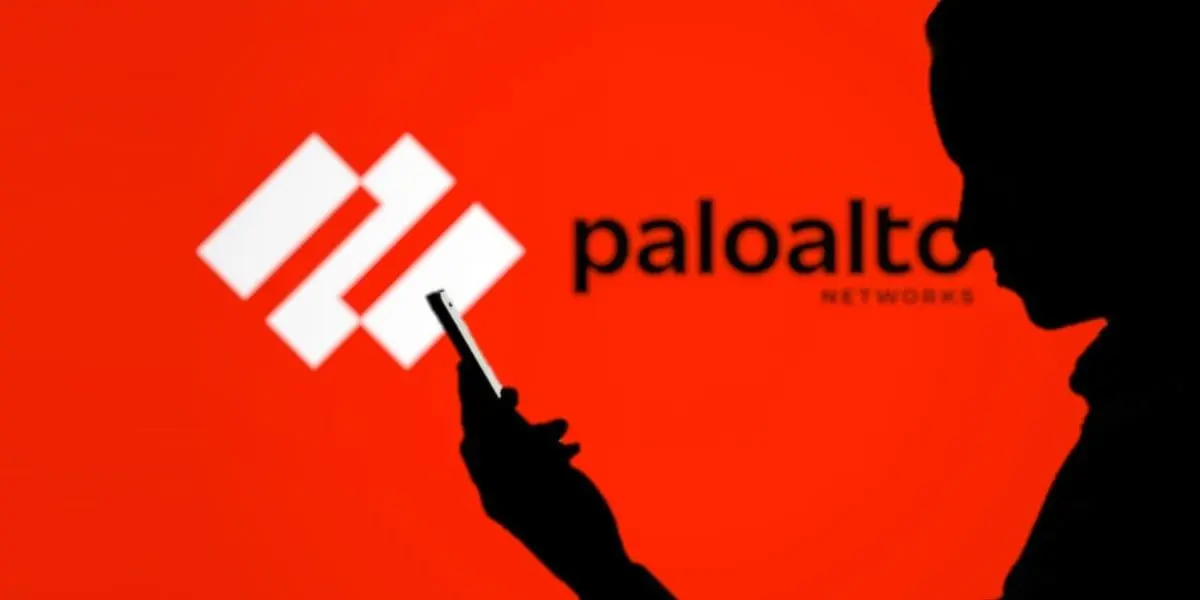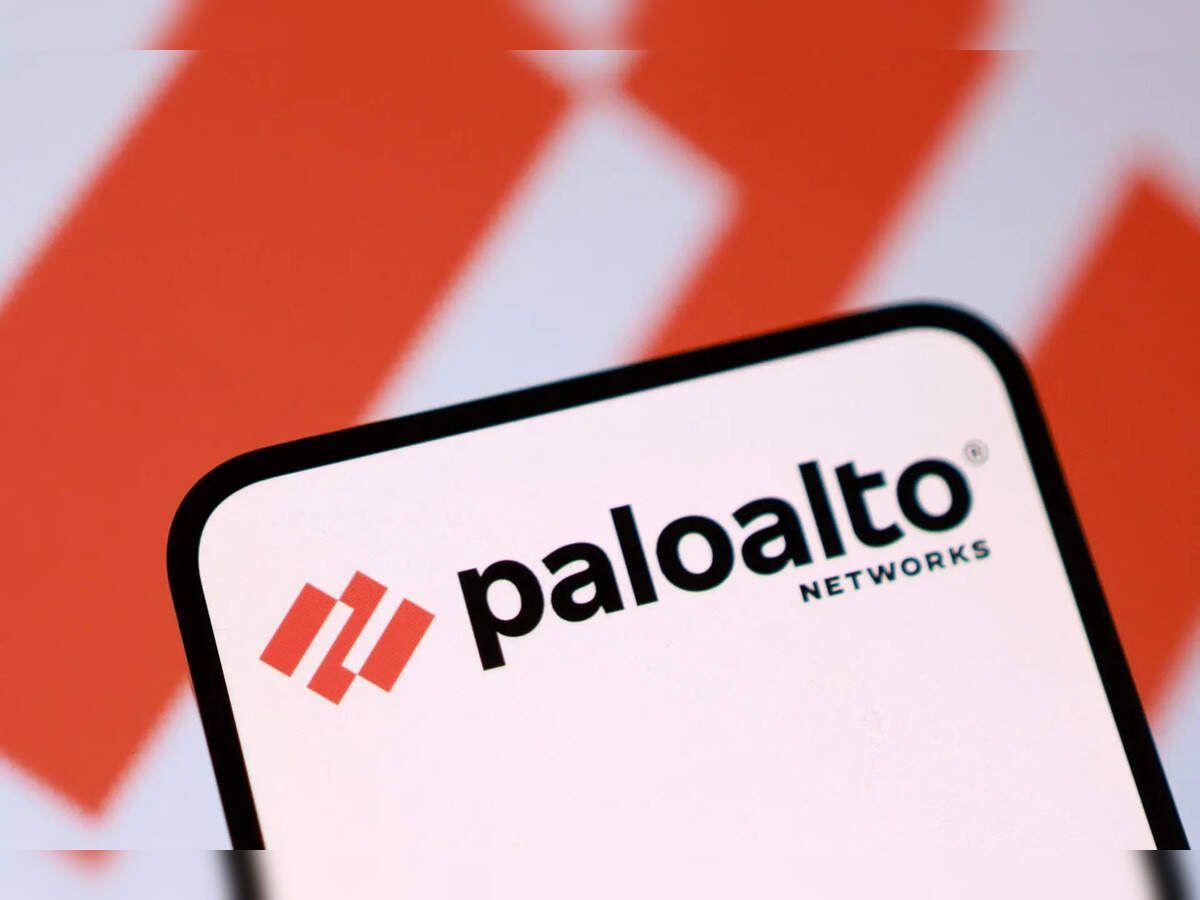Palo Alto Networks CEO Warns of Enterprise Resistance to Agentic AI Browsers
2 Sources
2 Sources
[1]
Palo Alto Networks CEO says the enterprise may not welcome agentic AI browsers
In a Thursday interview with CNBC's Jim Cramer, Palo Alto Networks CEO Nikesh Arora suggested the enterprise may not be comfortable with browsers run by agentic artificial intelligence. "I think unless there are controls built into agentic browsers, which are oriented around credentials and enterprise security, they're not going to be allowed in enterprises in 24 months," Arora said. Arora explained that as a consumer, he likes the idea of an agentic browser -- one that can, for example, perform tasks like booking plane tickets, making reservations or calling Ubers. However, he said that browsers would need "credentials" from users, and so users' "ability and desire to give them autonomy becomes important." He predicted that many major tech companies will start to develop agentic browsers, noting they are already spending billions to create and operate impressive models. But he said agentic browsers are "at odds with the enterprise," as companies would be wary of the AI agents' autonomy. Arora mentioned his company's plans to buy CyberArk, an Israeli identity security provider. The acquisition is worth $25 billion and would be the largest deal the cybersecurity company has ever made. He claimed that a substantial majority of breaches occur because of credential theft. Arora suggested that compared to 15 or 20 years ago, it's now easier for more members of a company to have the credentials to access privileged information -- "the crown jewels" -- which means employees need to be protected equally. "[CyberArk] figured out a way with the lowest intrusion, lowest friction, lowest latency way possible, to figure out a way to manage the crown jewels and manage the access for all of users," Arora said.
[2]
Palo Alto Networks CEO Says Enterprises Cautious About Agentic AI | PYMNTS.com
By completing this form, you agree to receive marketing communications from PYMNTS and to the sharing of your information with our sponsor, if applicable, in accordance with our Privacy Policy and Terms and Conditions. Speaking with CNBC's Jim Cramer, Arora said that while consumers might like to have an agentic browser that can perform tasks for them, enterprises will be wary, CNBC reported. "I think unless there are controls built into agentic browsers, which are oriented around credentials and enterprise security, they're not going to be allowed in enterprises in 24 months," Arora said, per the report. Arora also said there is a growing risk of credential theft and said Palo Alto Networks' planned $25 billion acquisition of cybersecurity company CyberArk will help the company provide a solution that will help enterprises protect their privileged information. Palo Alto Networks announced the acquisition on July 30, saying it expects the transaction to close during its fiscal year 2026, pending regulatory approvals. The deal came amid a resurgence in high-profile cybersecurity mergers and acquisitions that includes Google completing its largest purchase to date when it acquired cloud security firm Wiz for $32 billion. On the day his company announced the acquisition of CyberArk, Arora told CNBC: "They are poised to go and disrupt this market and create the platform we need and also solve the upcoming problem with agentic AI. From all those factors, we believe this is the right time to do something like this and be ready for the market in the next 12 to 18 months." Google announced its acquisition of Wiz in March, saying the cloud security platform would join Google Cloud when the deal becomes final. "This acquisition represents an investment by Google Cloud to accelerate two large and growing trends in the AI era: improved cloud security and the ability to use multiple clouds," Google said at the time in a press release. The PYMNTS Intelligence report "AI at the Crossroads: Agentic Ambitions Meet Operational Realities" found that trust issues keep firms cautious about agentic AI rollouts, as the firms have concerns about accountability and compliance. Eighty percent of high-automation enterprises cited data security and privacy as their top concern with agentic AI, according to the report.
Share
Share
Copy Link
Nikesh Arora, CEO of Palo Alto Networks, predicts enterprises may reject agentic AI browsers without proper security controls, highlighting the tension between AI advancement and corporate data protection.
Agentic AI Browsers Face Enterprise Resistance
Nikesh Arora, CEO of Palo Alto Networks, has raised concerns about the adoption of agentic AI browsers in enterprise environments. In a recent interview with CNBC's Jim Cramer, Arora predicted that without proper security controls, these advanced browsers might be banned from corporate use within two years
1
.
Source: CNBC
Arora explained, "I think unless there are controls built into agentic browsers, which are oriented around credentials and enterprise security, they're not going to be allowed in enterprises in 24 months." This statement highlights the growing tension between rapid AI advancements and the need for robust corporate data protection.
Consumer Appeal vs. Enterprise Caution
While acknowledging the consumer appeal of agentic browsers capable of performing tasks like booking flights or making reservations, Arora emphasized that enterprises would be wary of granting such autonomy to AI agents. The CEO noted that major tech companies are likely to develop these browsers, given their substantial investments in AI models. However, he stressed that the autonomy of these AI agents could be at odds with enterprise security needs
1
.Credential Theft and Security Concerns
Arora highlighted the increasing risk of credential theft in corporate environments. He pointed out that compared to 15-20 years ago, more employees now have access to privileged information, making it crucial to protect all users equally
1
.This concern is echoed in industry research. According to a PYMNTS Intelligence report, 80% of high-automation enterprises cited data security and privacy as their top concern with agentic AI
2
.Related Stories
Strategic Acquisition to Address Security Challenges

Source: PYMNTS
In response to these challenges, Palo Alto Networks announced a $25 billion acquisition of CyberArk, an Israeli identity security provider. This deal, expected to close during fiscal year 2026, aims to enhance the company's ability to manage privileged access and protect sensitive information
2
.Arora praised CyberArk's approach, stating, "[CyberArk] figured out a way with the lowest intrusion, lowest friction, lowest latency way possible, to figure out a way to manage the crown jewels and manage the access for all of users"
1
.Broader Industry Trends
The Palo Alto Networks-CyberArk deal is part of a larger trend of high-profile cybersecurity mergers and acquisitions. For instance, Google recently completed its largest purchase to date, acquiring cloud security firm Wiz for $32 billion. These moves reflect the industry's focus on improving cloud security and enabling multi-cloud capabilities in the AI era
2
.As the AI landscape continues to evolve, the balance between innovation and security remains a critical concern for enterprises. The cautious approach towards agentic AI, as highlighted by Arora, underscores the need for robust security measures to accompany technological advancements in the corporate world.
References
Summarized by
Navi
Related Stories
Palo Alto Networks CEO Nikesh Arora says enterprise AI adoption lags consumer use by years
18 Feb 2026•Business and Economy

Palo Alto Networks Reports Strong Q3 Results, Emphasizes AI-Driven Cybersecurity Amid Market Challenges
21 May 2025•Technology

Google's AI Agents Revolutionize Cybersecurity: Big Sleep Thwarts Real-World Threats
16 Jul 2025•Technology

Recent Highlights
1
ByteDance's Seedance 2.0 AI video generator triggers copyright infringement battle with Hollywood
Policy and Regulation

2
Demis Hassabis predicts AGI in 5-8 years, sees new golden era transforming medicine and science
Technology

3
Nvidia and Meta forge massive chip deal as computing power demands reshape AI infrastructure
Technology





